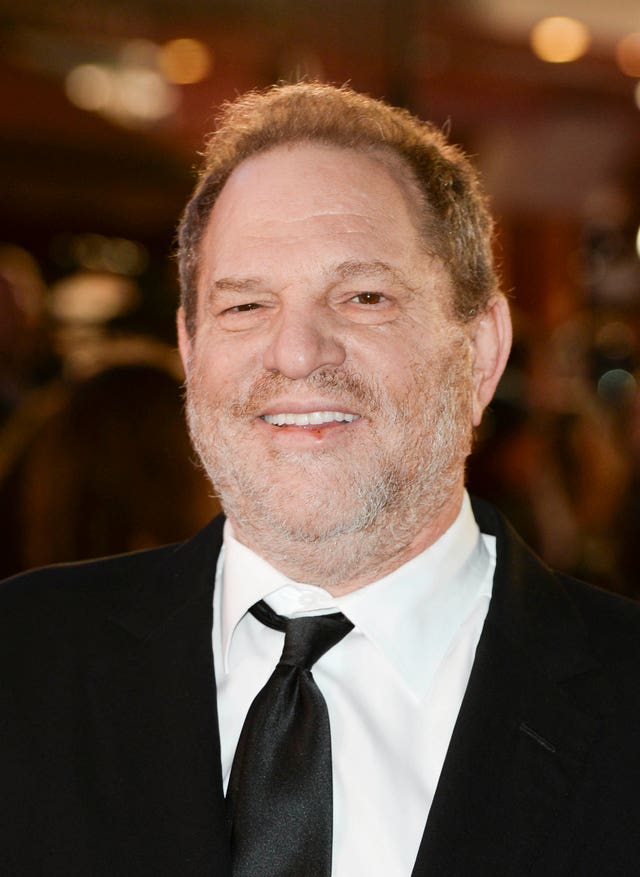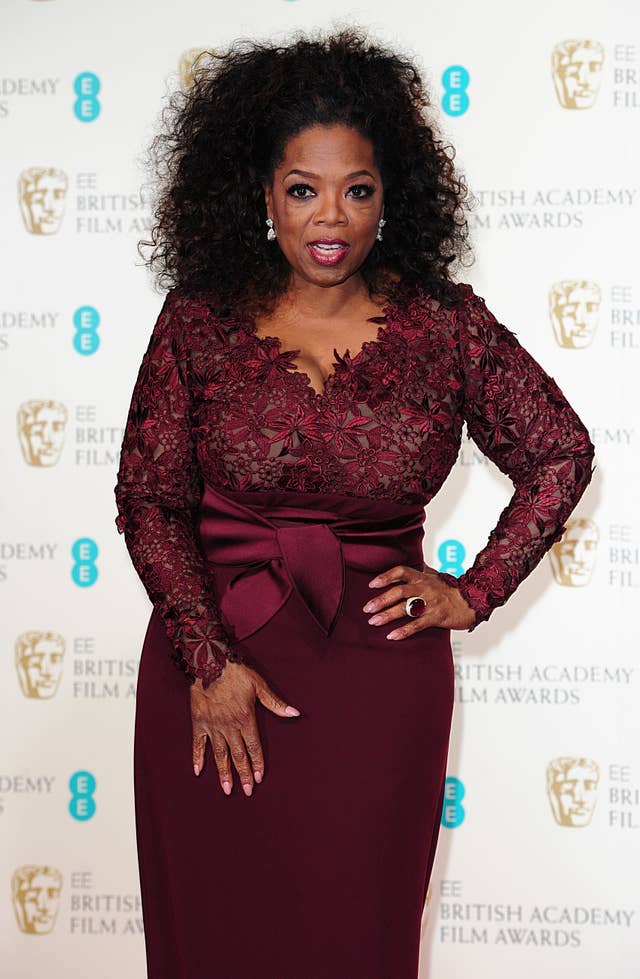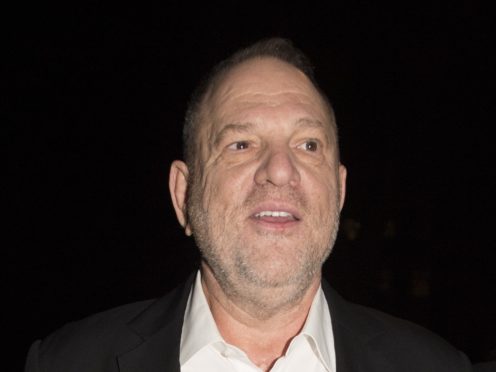The entertainment industry is still dealing with the aftershocks caused by the earthquake of the #MeToo movement.
Allegations of sexual assault against Harvey Weinstein, one of Hollywood’s most powerful figures, triggered an industry-wide reckoning for men accused of improper behaviour.
It quickly spread beyond the confines of the industry with millions of women using the hashtag #MeToo to tell their stories of sexual harassment and discrimination.

Weinstein, who denies all allegations of non-consensual sex, is facing a trial in New York on charges of sexual assault.
While Weinstein’s case makes it through the courts, the first celebrity criminal trial of the #MeToo era took place in April, when Bill Cosby, 81, was convicted of drugging a woman before molesting her at his home.
In September, the remarkable fall from grace of a comedian once known as America’s Dad was complete when he was sentenced to three to 10 years in prison.
Cosby, who is legally blind, is appealing the conviction.
Another high-profile star brought down by allegations of sexual assault, Kevin Spacey, remains under investigation by detectives in both the US and UK.
As the industry reeled from the scandal at the turn of the year, focus turned to awards season, which was dominated by #MeToo and the Time’s Up movement.

At the Golden Globes in January, celebrities wore black on the red carpet and were joined by activists in a show of solidarity, with the aim of making gender and race issues the focus rather than fashion.
While receiving a lifetime achievement award, Oprah Winfrey sparked calls to run for president after delivering a rousing speech announcing time was up for gender inequality.
As she became the first black woman to win the Cecil B DeMille Award, she told the audience: “For too long, women have not been heard or believed if they dared to speak their truth to the power of those men, but their time is up.”
At the Baftas in February, stars once again wore black as a show of solidarity with the movement, with Angelina Jolie, Jennifer Lawrence and Kristin Scott Thomas among those supporting Time’s Up and #MeToo.
The first Oscars to be held post-Weinstein scandal took place in March and once again sexual harassment and gender inequality dominated the night.

Host Jimmy Kimmel reminded the star-studded audience of Hollywood’s influence in fighting sexual harassment in wider society during a political opening monologue.
And while accepting her Academy Award for best actress for her performance in Three Billboards Outside Ebbing, Missouri, Frances McDormand delivered a stirring call for more diversity in the industry.
The implications of the movement spread far beyond the entertainment industry – with powerful men in Silicon Valley, the media and politics forced to quit amid allegations of sexual misconduct.
In September, the US was captivated by Brett Kavanaugh’s nomination to the highest court in the land.
Shortly after Donald Trump announced the now Justice Kavanaugh as his Supreme Court pick, allegations emerged he had sexually assaulted Christine Blasey Ford while they were teenagers in the 1980s.

Justice Kavanaugh denied the claims and both he and Ms Blasey Ford gave evidence to a Senate Judiciary Committee while millions watched live around the globe.
Another hashtag, #IBelieveHer, rose to prominence as people rushed to show support for the alleged victim.
After a bitter process which exposed the deep divisions over sexual assault and gender issues, Justice Kavanaugh was nominated to the Supreme Court by 50–48 in a Senate vote.
Despite the result, Time’s Up released a statement declaring that “the tide has turned”.
As Hollywood and the wider industry prepares for 2019, it remains to be seen whether that is the case.
